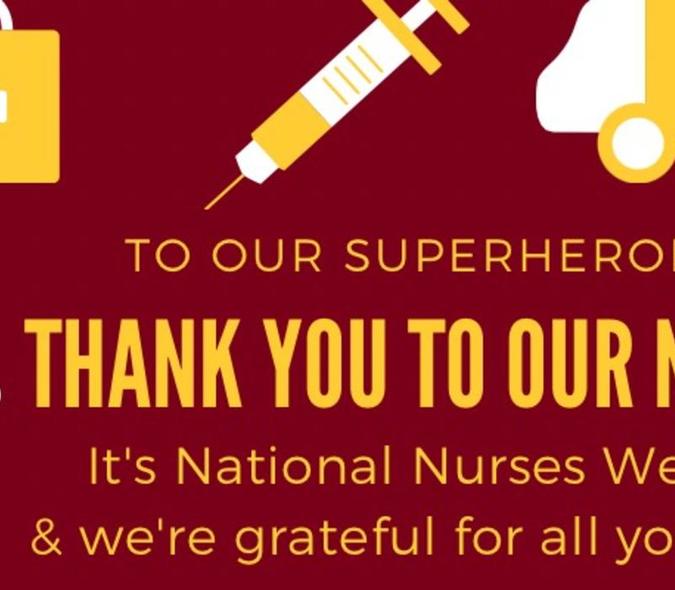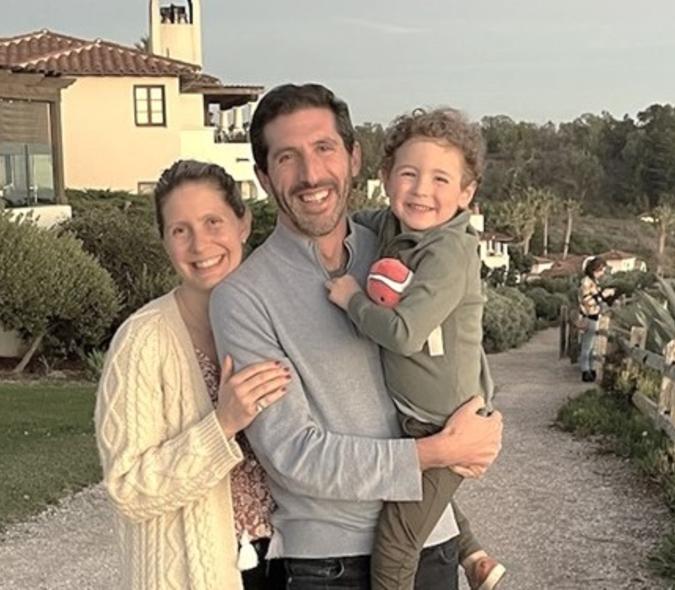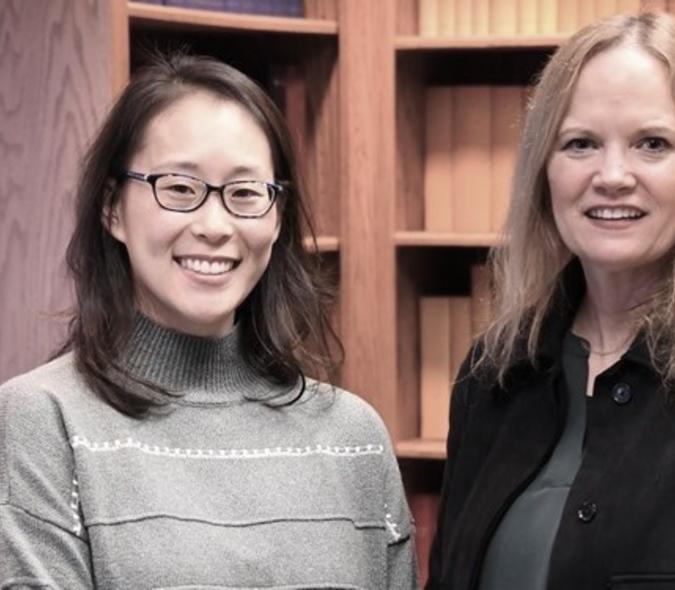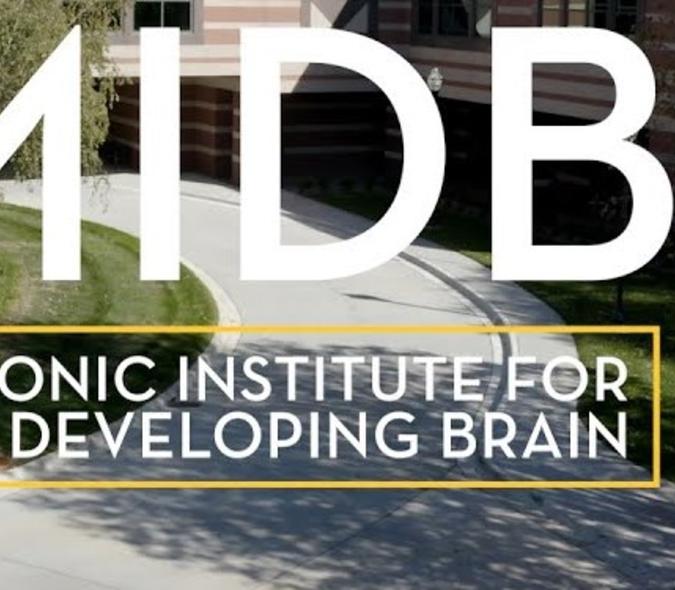
Clinic director and educator believes the best time to mentor is “in the moment”
Assistant Professor Vince Vallera, MD, takes an interprofessional approach to mentoring. As the Department of Psychiatry & Behavioral Sciences’ Director for Adult Mental Health Clinical Programs and the Medical Director for the Riverside Psychiatric Clinic in Minneapolis, MN, his mentoring touches many different people, including clinical staff and learners.
“I treat them as colleagues and try to keep my expectations high but fair and reasonable,” he said. “The most important thing is interprofessionalism – respecting colleagues, assuming positive intent, and having a shared goal – caring for our patients.”
Vallera mentors anyone who has been in the clinic a shorter time than he has. “To be honest, we all provide mentoring,” he said. “We have many things to offer each other.”
Always learning
An important point that Vallera emphasizes is that clinic providers and staff are always learning. “You never reach a point at which you’re done,” he said. “We learn our way through the clinic in terms of patient care and navigating clinic dynamics. And there are always new colleagues we need to help incorporate.”
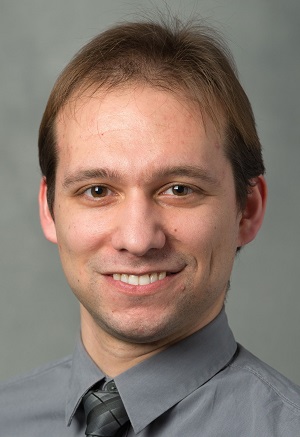
Although Vallera (pictured here) sets up regular meetings to connect with his mentees, he believes the best time to mentor is in the moment. “I get to work with an interprofessional team – advanced practice practitioners, nurses, provider-learners, and others,” he said. “After seeing patients with them, I like to process through what happened immediately to solidify the lessons we learned.”
Family element
Vallera is constantly on the lookout for people who are struggling. “There is a family element where we work, a need to support each other,” he said. “It all leads to a sense of community that the patients can feel. When there is a good working relationship, people are willing to do more for each other, and that improves patient care. We’re also able to weather crises better.”
The COVID-19 pandemic presented a unique challenge to the team at the Riverside clinic. “We are still primarily virtual, seeing most of our patients via telehealth,” said Vallera. “As a result, it can be difficult to build our sense of being a team. I believe working side-by-side in the clinic is essential to having a positive experience and preventing burnout.”
Hidden curriculum
When helping his mentees – especially the learners – navigate the workplace, Vallera talks to them about what he calls “the hidden curriculum.” An important piece of working in a clinic, he adds, is to increase awareness of biases and how they affect his mentees. “When people get on each other’s nerves, they may not always know what’s behind the behavior,” said Vallera. “They may dive into their biases and make more assumptions, thus closing themselves off. We work on increasing awareness of biases and breaking down those barriers to improve communication. It’s the foundation of a good working environment.”
Vallera enjoys helping his colleagues feel comfortable enough to bring their entire selves to their work. “It’s good to see people bringing into the workplace fun elements from their personal lives, their own interests, stories, and families, their own experiences and struggles,” he said. “It makes you feel more connected to them. Talking about those things also gives you moments throughout the day that enable you to take a brief break from the routine.”
Nontraditional mentoring
Throughout his career, Vallera has had a variety of mentors. “Everyone’s style is so different,” he said. “I gravitated toward the more nontraditional mentors who were less concerned about hierarchy. I approach my own mentoring knowing that I have something important to learn from my mentees. I will directly benefit, and they will, too.”
Being part of the U of M means that Vallera has a rich environment in which to get advice if he’s struggling. “The best thing about being part of an academic community is having people who are strong educators that I can go to when I have an issue related to mentoring,” he said.
